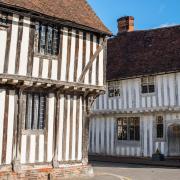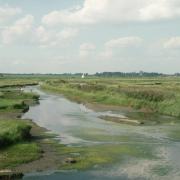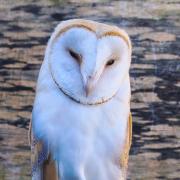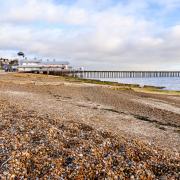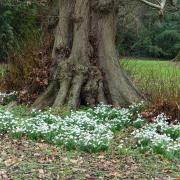With so many great books to read in our own language, we can be forgiven for not seeking out works in translation. But are we losing out? Catherine Larner discovers innovative plans to introduce Polish writers to audiences at the 2014 Felixstowe Book Festival

After the success of last year’s inaugural Felixstowe Book Festival, director Meg Reid wanted to offer something different to festival goers in 2014.
“I wanted to acknowledge the fact that Felixstowe is an international port, that there is a strong Polish community in nearby Ipswich and that there is a power and distinctiveness in eastern European creativity,” she said.
Meg contacted the British Council to see if they could help bring a Polish author to the event. With Krakow being the Unesco City of Literature in 2014, it was the perfect opportunity to forge a relationship. The result is an appearance by Ziemowit Szczerek, a journalist and prose writer living in Poland, who on the afternoon of Sunday, June 29 will take part in a discussion with Polish-born poet Maria Jastrzebska.
Together they will talk about their work – Maria presenting her most recent collection of poems, At the Library of Memories, and Ziemowit will introduce his latest fictionalised reportage on the Ukraine, Mordor Will Come And Eat Us. They will read excerpts in both English and Polish, highlighting the emphasis on self-expression and reflection for which Polish writing is known.
While touching on their own experiences of growing up, migration, the culture and writers who have influenced them – Maria and Ziemowit will also explore some more philosophical issues attached to literature in translation.
Later the same day, there will be a discussion between two authors who write in English with Poland as their subject. AM Bakalar, born and raised in Poland is the first Polish woman to publish a novel in English since her country joined the EU in 2004. Her first novel, Madame Mephisto, centres on Magda, one of the new wave of Polish immigrants to the UK, who will stop at nothing to expand her drug dealing business. The story is menacing and fast-paced and reveals truths about the lies we tell and the people we really are.
Poland, its people and its history have also proved fascinating for British born writers. The award-winning crime writer, William Brodrick will be speaking at the festival about his fourth novel The Day of the Lie. His hero, lawyer-turned-monk Father Anselm, is attempting to get restorative justice for the victims of communism. The story takes place in Warsaw, Poland, a city destroyed by the German army during the Second World War, and focuses on a young woman, Roza, who was part of an underground resistance group. It is a fascinating and moving novel with a revealing historical insight.
“I hope anyone attending this festival will come to appreciate the extent to which Polish people have always been an important part of British identity. There have always been very close links between the two countries,” said Brodrick. “And I would like to celebrate what I believe is the Polish national character – warmth, passion, an openness to deep emotion, incredible generosity and, very specially, they are a people of memory.”








